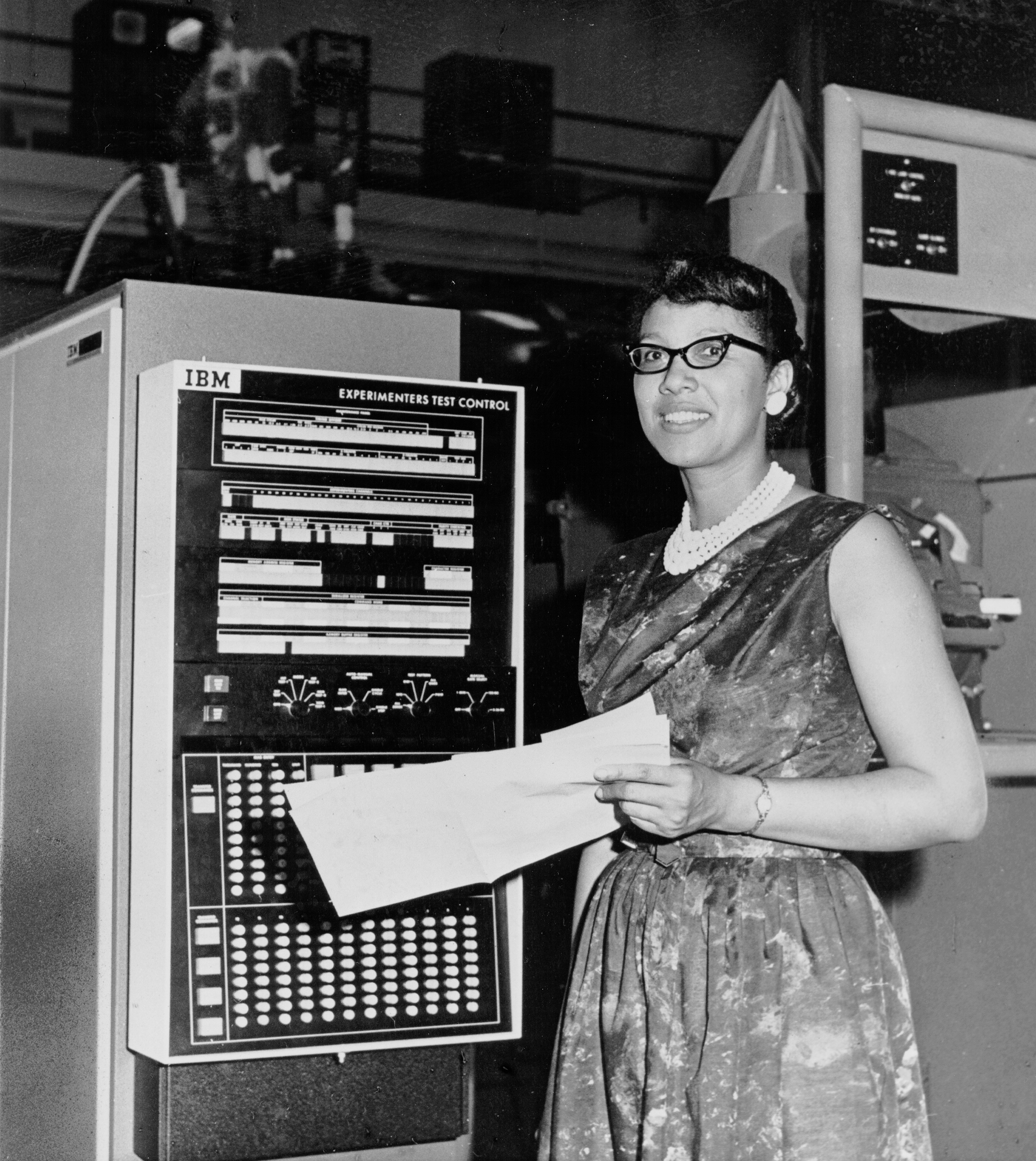I don’t want to be around anyone who’s an asshole, male or female, but it’s clear that it’s mostly men who can get away with such poor behavior, even be celebrated for it. For proof, look no further than the technology sector. On that topic, an excerpt from “The Difference Machine,” some of Molly Lambert’s typically excellent thinking and writing at Grantland:
When computing was considered drudgery, women played a significant role. They were hired to be “human computors” who carried out math problems and solved equations before machines that could do so existed. During World War II, women were drafted into theElectronic Numerical Integrator and Computer program, where they worked as human “computers.”The women of ENIAC — including Betty Jean Jennings, Kay McNulty, Betty Snyder, Ruth Lichterman, Fran Bilas, and Marlyn Wescoff — were drafted into service as programmers. Snyder wrote SORT/MERGE, the first generative programming system. The women of ENIAC did much of the work but received little credit for it; the Army downplayed their involvement. Once programming became seen as a creative art rather than a rote secretarial one, women were not as welcome. (The Innovators also covers the women of ENIAC in detail, and discusses exactly how programming evolved from being seen as rote flip-switching to an intellectual endeavor.)
Women in tech today are taking a more direct approach to confronting issues of gender inequality. Rooting out the exact causes and conspirators who keep women on tech’s sidelines is difficult, because most forms of prejudice are deeply ingrained and subtly enforced. The solution, at least in part, may come from increasing the visibility of the issues. Tracy Chou, a Pinterest programmer and rising star in tech, has begun asking companies to release the data on their own internal makeup so that it can be tracked. The dismal statistics — women making up 17 percent of the workforce in technology- or engineering-related jobs at Google, 15 percent at Facebook, 9 percent at Mozilla — demonstrate that female engineers and programmers who felt alienated and underrepresented were not imagining things. To combat the concept of the tech bro, there must be a tech sisterhood. Tech history is not a chain of command, it’s a crazy quilt — no machine is ever really built by one person alone. It would be a mistake to consider Ada Lovelace and Grace Hopper as just lone geniuses — the same way it is a mistake to think that way of the men.•
Tags: Molly Lambert

